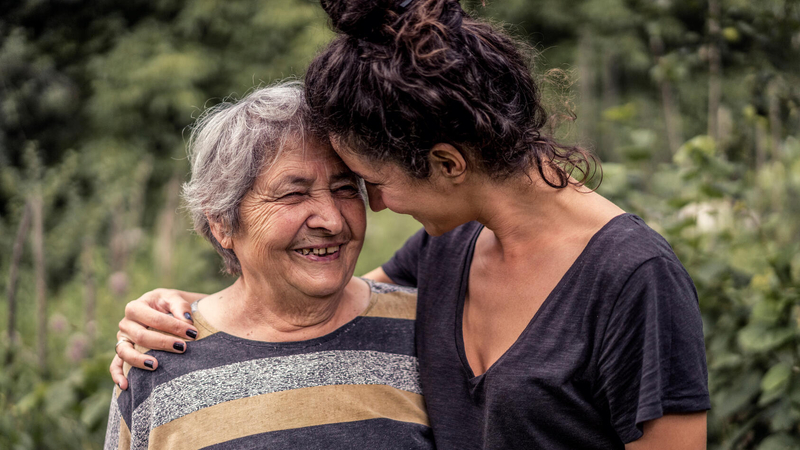-
Health & Wellness
Mayo Clinic Minute: Creating an advance directive for your future well-being
Editor’s note: April 16 is National Healthcare Decisions Day
No one can predict the future, but putting together an advance directive can bring you peace of mind and a plan for your medical care during an emergency or end of life.
Dr. Maisha Robinson, chair of the Palliative Medicine Department at Mayo Clinic in Florida, advises people to have these conversations with family members and loved ones.
Journalists: Broadcast-quality video (1:02) is in the downloads at the end of this post. Please courtesy: "Mayo Clinic News Network." Read the script.
"An advance directive is (really) a document that allows you to write out what your preferences are," says Dr. Robinson. "It often will say, 'If you can't make decisions for yourself, who would you want to help you make medical decisions?'"
Though it may be difficult, Dr. Robinson says to have a conversation with loved ones before becoming critically ill.

Advance care planning is for people at every stage of life.
"So this is not just for people who have a serious or advanced medical condition," says Dr. Robinson. "All of us, everyone over the age of 18, really should be thinking about this and talking about this and documenting this."
There are two main parts to an advance directive: writing a will and choosing a healthcare surrogate, which is a person who can make healthcare decisions for you if you are unable to.
Dr. Robinson has three important tips after preparing your directive:
- Tell your healthcare surrogate you've chosen them.
- Inform them where the document is.
- Give the document to your healthcare team and/or hospital.
Dr. Robinson says not enough people in the U.S. have advance directives and that African Americans are less likely to create them and receive information about them compared to white people.
"It's too often that family members are left in the situation where they have to make decisions on behalf of a loved one," says Dr. Robinson. "We often say this is one of the best gifts you can give your loved one by saying, 'These are my wishes, please honor them.'"
Related Articles







